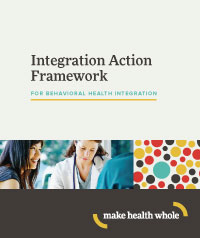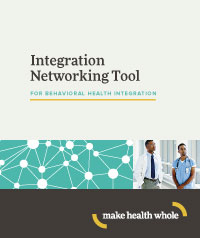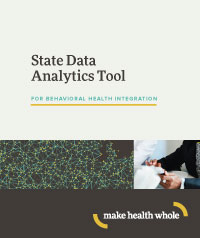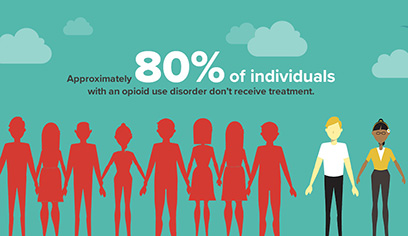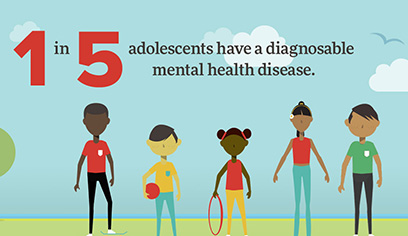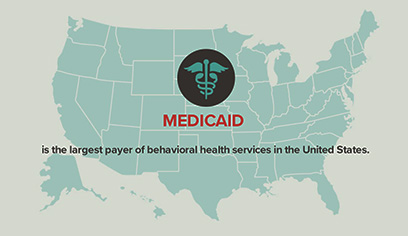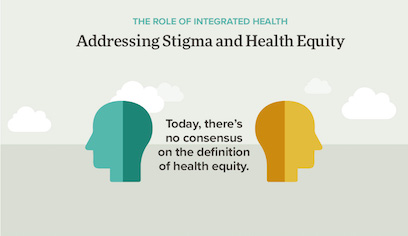Evidence, methods, tools, and connections to advance integrated care
Implementing integrated care requires a breadth of tools and resources. These materials help stakeholders self-organize and identify solutions across clinical, operational, and financial domains.
Toolkit for advancing integrated behavioral health
Wherever you are in the process, our suite of tools will help you advance integrated care.

Leaders in the field:
Publications and technical assistance
From health care reform initiatives to multidisciplinary networks ready to assist state officials, these organizations are great resources to help you reach your goals.
See all resources
Issue briefs: The role of integrated behavioral health today
We identified some of the most pressing issues relevant to addressing behavioral health needs. Understand the issues and possible solutions.
Read Briefs
Stories of State Policy Change
State agencies, policy makers, and decision makers are exploring viable solutions to better address and integrate behavioral health. Stakeholders are ready for action and are seeking assistance, tools, and tactics to advance policy that supports and achieves whole person health. Each state is unique, at their own level of readiness for change, and may seek help to align behavioral health with broader state strategies for health policy and delivery systems redesign. To accelerate advances, Make Health Whole applies a systematic approach to technical, adaptive and leadership assistance for state-level policy change.
The following vignettes describe three states who represent different stages of change, and different needs. Each of these states has made significant progress toward integrating behavioral health by applying the Make Health Whole Integration Action Framework and using the companion tools to achieve their goals. In each case, the Farley Health Policy Center (FHPC) served as a partner to assist with implementation to catalyze state agency activities and help integrate their fragmented systems. These are their stories.

Idaho
As a frontier state, rural Idaho communities create both isolated bright spots and disconnected or absent resources. The resulting impact on adopting integrated behavioral health is insufficient awareness and sharing of best practices. Idaho stakeholders needed to clarify and unify their state-level vision around expanding integrated behavioral health efforts.
Learn how our technical assistance helped stakeholders create a clear roadmap to guide integrated behavioral health efforts, including billing, financing, and education.

Virginia
Following multiple tragedies that occurred across the state, the desire to improve behavioral health services was greater than ever. But deep investments from the state were directed at the problem without achieving optimal results.
Discover how we employed adaptive assistance to explore the restructuring of behavioral health services to promote integration.

Oregon
With years of experience advancing strategies for improving behavioral health service delivery, Oregon leaders wanted assistance to maintain trust while coordinating and prioritizing policy agendas, and developing structured recommendations for the state.
See how our leadership assistance advanced the mission of the collaborative.

